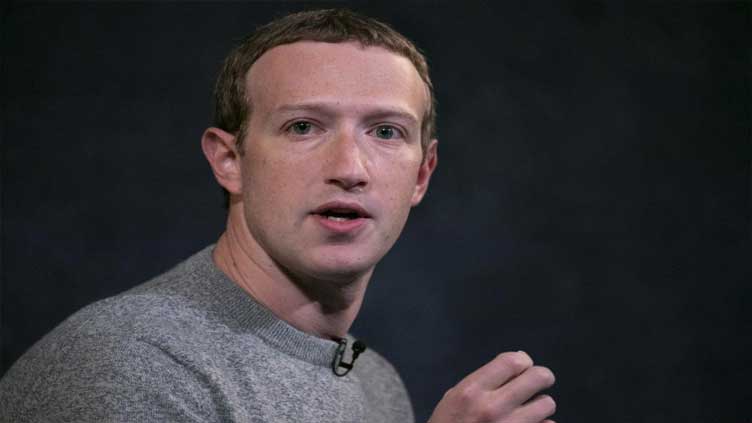Zuckerberg money won't be in next round of aid for elections

Technology
Zuckerberg money won't be in next round of aid for elections
DENVER (AP) — The nonprofit that distributed most of the $350 million in donations from Facebook founder Mark Zuckerberg to election offices in 2020 said Monday that it won’t disburse similar donations this year after backlash from conservatives suspicious that the contributions tilted the outcome of the presidential race toward Joe Biden.
Instead, the Center for Technology and Civic Life is launching a different program. Dubbed the U.S. Alliance for Election Excellence, the $80-million, five-year effort is intended to create a network for the nation’s thousands of local election officials, who can apply for aid to improve their technology and processes.
“Unfortunately, years of underinvestment means many local election departments often have limited capacity and training. The U.S. Alliance for Election Excellence is bringing together world-class partners so that local election officials no longer have to go it alone,” said Tiana Epps-Johnson, CTCL’s executive director, who announced the new program at the TED2022 conference.
The 2020 effort by Zuckerberg and his wife, Priscilla Chan, amid the COVID-19 pandemic fueled conservative anger and distrust of the presidential election outcome. At least eight GOP-controlled states passed laws last year banning private donations to election offices in reaction to Zuckerberg’s donations. Suspicion that the contributions — routinely referred to as “Zuckerbucks” by conservatives — helped Biden, a Democrat, has become a staple among those who believe in former President Donald Trump’s election lies.
Several Republican election officials have said the program was vital and nonpartisan and dismissed criticism of it as conspiracy theories.
A spokesperson for Zuckerberg and Chan confirmed that the couple is not funding election offices this year.
“As Mark and Priscilla made clear previously, their election infrastructure donation to help ensure that Americans could vote during the height of the pandemic was a one-time donation given the unprecedented nature of the crisis,” Ben LaBolt said. “They have no plans to repeat that donation.”
Epps-Johnson said the group saw in 2020 just how woefully underfunded many local election offices are. Elections in the U.S. are run at the local level, sometimes by a small staff of city or county workers and volunteers. One New England office, Epps-Johnson said, used its 2020 grant to replace century-old election tabulation equipment, and many struggled to maintain usable websites that could provide voters information on mobile devices.
The network will work with technology experts at Stanford University and elsewhere, Epps-Johnson said. Local election offices will be able to apply for assistance, but things will work differently than two years ago.
In 2020, election offices were scrambling to

